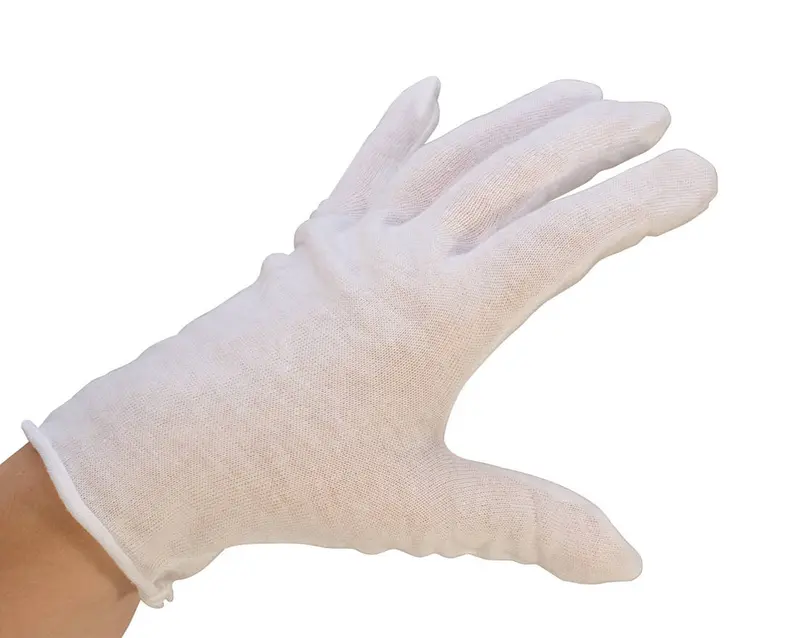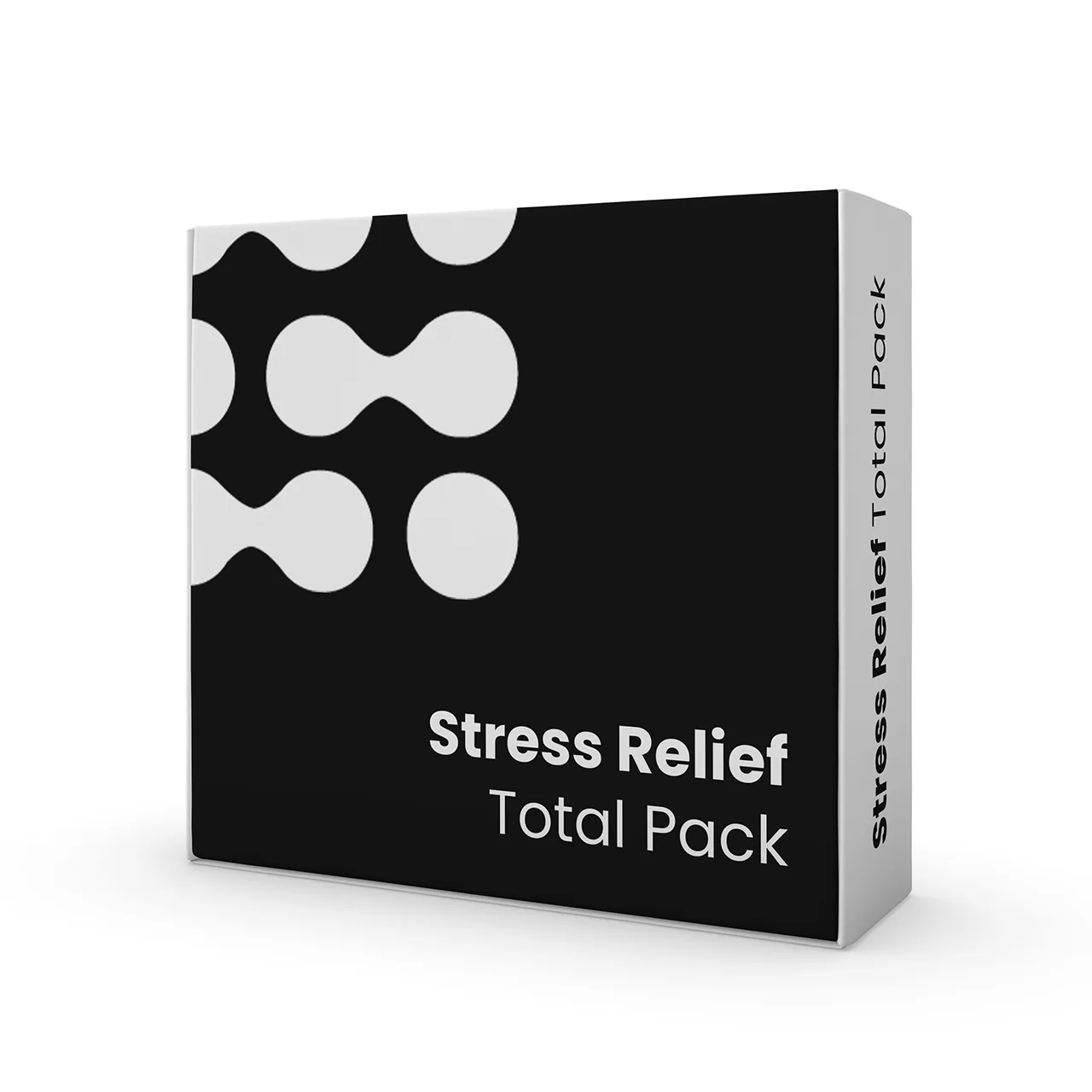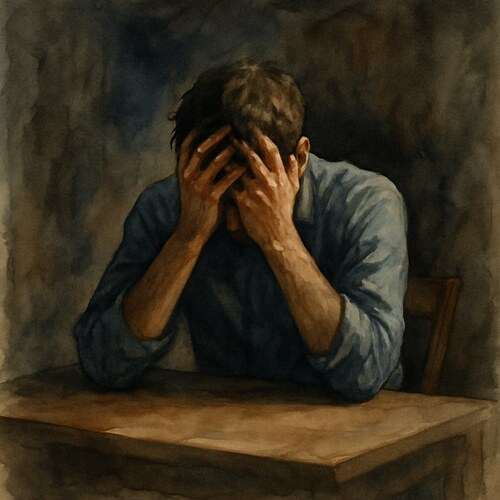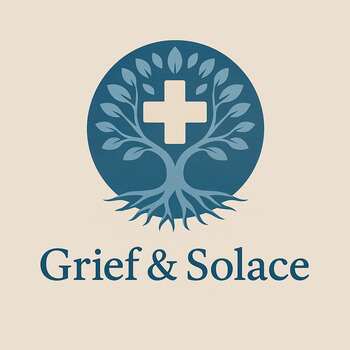Grieving Eczema: When Skin Becomes a Battlefield – Grief & Solace
Grief with eczema weaves into daily life, watching someone fight invisible pain written in cracks, rashes, and restless nights.
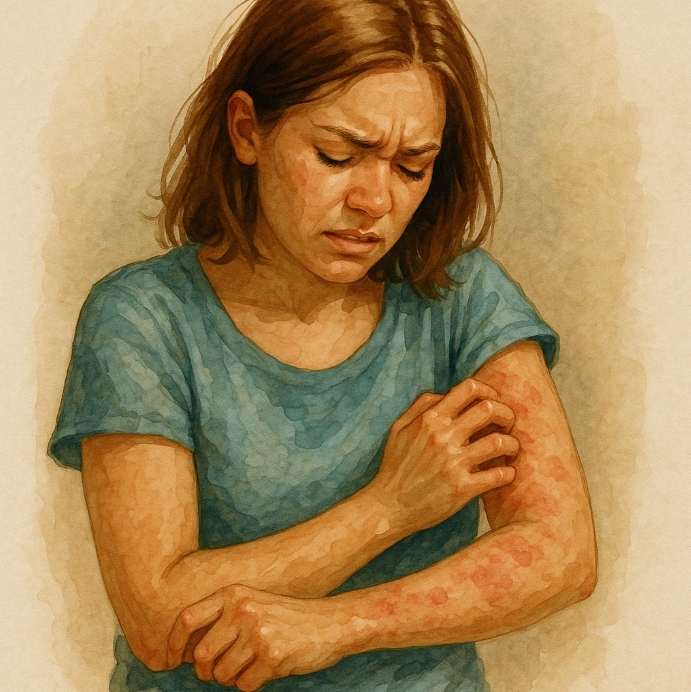
This post blends real grief with grounded knowledge. It isn’t clinical. It isn’t distant. It’s meant to sit beside you—not above you. The story you’ll read is meant to reflect what so many feel when living through or witnessing this condition: confusion, exhaustion, and quiet forms of courage.
If what you read feels familiar, please speak with your doctor. Your pain deserves more than silence.
I Watched Him Scratch Away Pieces of Himself
He never meant for it to come to this. That was the hardest truth to convey—whether to teachers, friends, or even to himself. The blood was not a plea for attention, nor were the scabs marks of neglect. They were simply remnants left after the incessant itch took control.
I remember watching my little brother curled up on the floor next to the heater during winter, his fingers raw and his back hunched as if he could claw at his very spine. It was anything but subtle. It rang loud and clear—a nightly battle waged upon his own skin, with the enemy lurking in the very depths of his being.
🧠 Symptoms:
- Dry, itchy skin: Often severe, leading to scratching and further irritation
- Red to brownish-gray patches: Commonly on the hands, feet, ankles, wrists, neck, upper chest, eyelids, and inside the bend of the elbows and knees
- Thickened, cracked, or scaly skin: Resulting from prolonged scratching
- Small, raised bumps: Which may leak fluid and crust over when scratched
- Sensitive, swollen skin: From scratching
- Atopic dermatitis can occur at any age but is most common in children. It tends to flare periodically and then subside.
Mayo Clinic
People noticed the marks. They asked if he had fallen or if a cat had scratched him. He would merely smile, shrug, and say, “It’s eczema,” as if that clarified everything. But it didn’t—not for them. And, honestly, not even for us.
What they failed to see was his desperate attempts to distract himself. He would press his hands into cold water, tie knots in shoelaces just to keep his fingers occupied, or wear gloves to bed, only to wake up and find them soaked in blood. The itching didn’t just dwell on the surface; it burrowed beneath his thoughts, making school unbearable and sleep fleeting. His arms became a map tracing the scars of countless battles fought. His confidence barely stood a chance.
And the worst part? It altered how others perceived him. Not in overtly cruel ways—no, it was subtler than that. It was the glances that lingered a moment too long, compliments that skirted around his arms, and those dates that never called back after catching a glimpse of what lay beneath his sleeves. That kind of quiet rejection—the kind society tells you to ignore—gnawed at him more profoundly than the rashes ever could.
Complications:
- Asthma and hay fever: Often precede or accompany atopic dermatitis
- Chronic itchy, scaly skin: Resulting from prolonged scratching
- Skin infections: Due to open sores and cracks
- Sleep problems: Caused by itching and discomfort
- Mental health issues: Including anxiety and depression due to chronic discomfort
Causes:
- Genetic predisposition: Family history of eczema, allergies, hay fever, or asthma
- Immune system dysfunction: Overactive immune response to environmental triggers
- Skin barrier defects: Mutations in the filaggrin gene leading to impaired skin barrier function
- Environmental factors: Exposure to allergens, irritants, and harsh climates
- Microbial factors: Colonization by bacteria such as Staphylococcus aureus exacerbating inflammation
- The exact cause of atopic dermatitis is unknown, but it’s likely due to a combination of genetic and environmental factors.
Mayo Clinic
We tried everything. Ointments, dietary changes, hypoallergenic detergents. For a time, it felt like we were dictated by his skin’s mood swings as if he were no longer in charge of his own life, but merely managing flare-ups. And when it spiraled, it wasn’t just the itch; it was the shame that accompanied it. How he would flinch when someone reached out for his hand. How he wore long sleeves in the heat of August. How he stopped going to the beach altogether. It felt as if eczema sought not just his skin, but his joy as well.
Yet the real wound lay in what it did to his sense of safety. He never could predict when it would flare up—a change in the weather, a stressful day, a soap used by someone else. It rendered the world around him feel treacherous and unpredictable. His own body seemed to betray him. The path forward twisted through acceptance—not of the pain, but of the understanding that healing wasn’t about a cure. It was about learning to live openly, without putting on a façade.
He’s older now. He understands his triggers well, ensuring he has creams stashed in every bag and following a skincare routine so meticulous it could rival a small pharmacy. Yet, occasionally, I find him gazing at his arms in the mirror—not out of vanity, but out of caution, as if he is deciphering storm warnings in his own reflection.
When I check in on him, he always responds in the same way, accompanied by a half-smile that never truly reaches his eyes: “Better than yesterday. I didn’t bleed.”
Risk Factors:
- Family history: Increased risk if parents or siblings have atopic conditions
- Age: Most common in children under 5 but can continue into adulthood
- Allergies and asthma: Personal or family history increases risk
- Urban living: Higher exposure to pollutants and allergens
- Climate: Cold, dry climates can exacerbate symptoms
Sometimes, survival is about refusing to fade away, no matter how much of yourself may be peeling off.
📘 Diagnosis & Treatment
Diagnosis:
- Physical examination: Assessment of skin condition and review of medical history
- Allergy testing: To identify potential triggers
- Skin biopsy: Rarely needed but can rule out other conditions
Treatment:
- Topical corticosteroids: To reduce inflammation during flare-ups
- Calcineurin inhibitors: Such as tacrolimus or pimecrolimus for sensitive areas
- Moisturizers: Regular use to maintain skin hydration
- Antibiotics: For bacterial skin infections
- Antihistamines: To reduce itching
- Phototherapy: Controlled exposure to ultraviolet light
- Systemic medications: Including oral corticosteroids or immunosuppressants for severe cases
- Treatment aims to reduce inflammation, relieve itching, and prevent future flare-ups.
I know this is heavy, and I understand that the road ahead may feel like a tangle of loss and unanswered questions. But please hear this: you are not broken because you are hurting; you are not weak because you are afraid. You are living through something real, and survival itself is a kind of grace. You are allowed to struggle, you are allowed to hope, and you are allowed to not have all the answers today. Whatever comes next, you do not face it empty-handed; you carry every moment of love that shaped you, and that will always be enough to keep going.
🎀 Gifts to help With Eczema
🏥 Everyday Comforts for Everyday Battles
Managing Eczema often means needing a little extra help.
Sometimes it’s about restoring dignity, ease, or simply getting through the day with less pain.
These carefully chosen tools aren’t just items; they’re small bridges back to living.
This section is about finding practical support, never shame.
Cotton Glove Set for Eczema – Protection Without Irritation
Eczema doesn’t stop itching just because you’re asleep or trying to function. These soft cotton gloves protect sensitive, cracked skin while helping prevent unconscious scratching. Breathable and washable, they’re ideal for overnight healing or daytime layering under protective gear. Not a cure. Just peace for hands that feel like they’re always burning.
🌿 Paths to Healing Beyond the Map
Sometimes traditional medicine isn’t enough.
If you’re exploring gentle, alternative options to help with Eczema,
you might find comfort in plant-based compounds like **CBD or CBG**.
*This section is not medical advice, just a door left open.*
Your Title Goes HereUSA Stress Relief (Total Pack) – Internal Calm for Skin That’s Always Angry
Eczema isn’t only about what touches the skin it’s about what stirs beneath it. Stress, immunity, and inflammation all play a role. This Total Pack blends CBD, immune regulation, and calming support to help reduce flare triggers from within. It won’t stop a reaction in its tracks. But it may help lower the fire before it starts.
Need a Different Path Forward?
Every journey through grief looks different. Choose the next step that speaks to where you are now:
When You're Ready to Start Healing
Healing doesn’t mean forgetting.
It means finding small ways to carry your grief with strength and grace.
These are the stories, tools, and gentle steps to begin walking forward…at your own pace.
When You're Still in the Thick of It
Sometimes healing feels like a lie.
If you’re not ready to move on…if the pain still roars louder than the world wants to hear…this is the place where you’re allowed to feel it.
No sugarcoating. No pretending. Just truth.
When You're Holding on to Who’s Still Here
Grief reminds us to love louder.
If someone you love is still with you, this is your place to celebrate them, honor them, and create new memories while there’s still time.
Joy and sorrow can live side by side.

